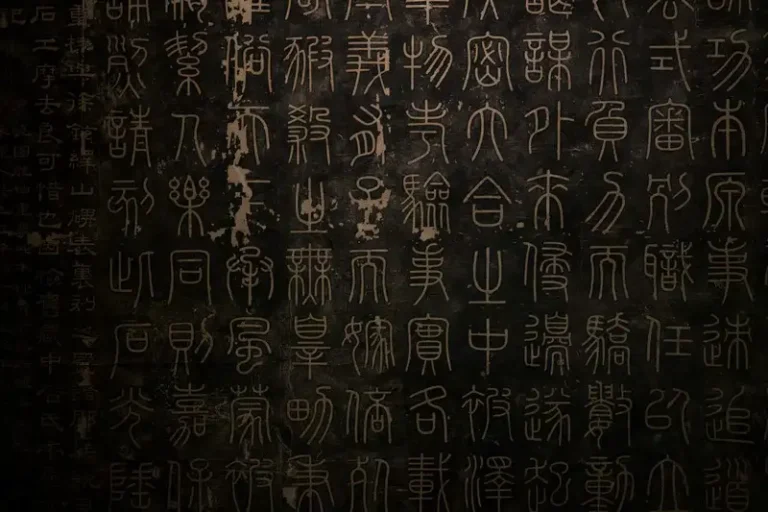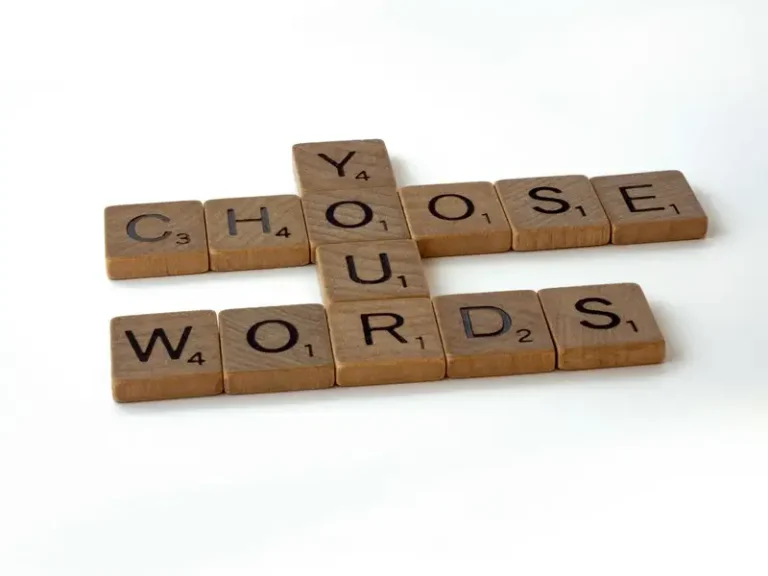Table of Contents
- The Origins of Discourse in Sociology
- What Is Discourse?
- Discourse and Power
- Discursive Practices and Identity
- The Role of Discourse in Social Change
- Critical Discourse Analysis
- Discourse and the Sociology of Knowledge
- Conclusion
Discourse is a central concept in sociology, particularly in the study of language, power, and social structures. It refers to ways of speaking, thinking, or writing about the world, and it is instrumental in shaping human experiences and the social realities we inhabit. Understanding discourse involves examining how language is used to construct meaning and how these constructions influence social interactions, institutions, and power relations. In this article, we will explore the sociological concept of discourse, its origins, key thinkers, and its relevance to contemporary social analysis.
The Origins of Discourse in Sociology
The concept of discourse has its roots in structural linguistics and post-structuralist theory, especially in the works of Ferdinand de Saussure and later Michel Foucault. Saussure introduced the idea that language is a system of signs, with meanings created not by the words themselves but through their relationship to other signs within the system. This insight opened up avenues for understanding how language structures social reality.
Foucault expanded on this by connecting language to power. For Foucault, discourse was more than just communication; it was a means of organizing and regulating social life. His work showed that discourses are not neutral but are imbued with power, helping to shape what can be said, thought, or done in a society. These ideas have had a profound impact on sociological thinking, particularly in fields such as gender studies, race relations, and the sociology of knowledge.
What Is Discourse?
In its simplest form, discourse can be understood as a way of talking or thinking about a particular subject. However, this definition barely scratches the surface of its complexity. Discourse refers to a collection of ideas, assumptions, and representations that shape how we understand and experience the world. It governs how certain issues are discussed, what knowledge is considered valid, and which perspectives are marginalized or silenced.
Discourse operates on multiple levels. On a micro level, it shapes everyday interactions, such as conversations between individuals, workplace communications, and media portrayals. On a macro level, it influences institutional practices, laws, and policies that regulate social life. Importantly, discourse is not static; it evolves over time as new ideas emerge and social conditions change. Thus, discourse is both a product and a producer of social reality, continuously reinforcing and challenging societal norms and structures.
Discourse and Power
One of the key insights of discourse theory is its relationship to power. Discourse is not simply a neutral medium for expressing thoughts or exchanging information. Instead, it plays a crucial role in the distribution of power in society. Certain discourses become dominant, shaping our understanding of what is “normal” or “natural” and thereby influencing the decisions individuals and institutions make.
Dominant discourses have the power to marginalize alternative ways of thinking or speaking. For example, in many societies, the discourse around gender has traditionally been framed in binary terms: male and female, with associated roles and behaviors for each category. This discourse has not only shaped social expectations but also informed policies, laws, and cultural practices that enforce a particular understanding of gender. Those who deviate from these norms, such as individuals identifying as non-binary or transgender, have often been marginalized or excluded because their identities do not fit within the dominant discourse.
The link between discourse and power is also evident in political settings. Political discourse shapes public opinion, establishes norms, and justifies policies. For instance, during periods of war, political leaders may use discourse to frame the conflict in terms of national security, heroism, or patriotism, thus legitimizing military action and silencing dissenting voices that question the necessity or morality of the war. This manipulation of discourse demonstrates how language is not simply a reflection of reality but an active agent in constructing it.
Discursive Practices and Identity
Discourse is also deeply implicated in the formation of identity. From birth, individuals are embedded in various discourses that shape how they see themselves and others. These discourses can be related to race, gender, class, sexuality, nationality, and other social categories. As individuals engage with these discourses, they internalize certain ideas about who they are supposed to be and how they should behave.
Take, for example, the discourse surrounding race. In many societies, racial discourse has been constructed around hierarchies of whiteness, where being white is associated with privilege and superiority, while being non-white is often linked with inferiority and marginalization. This discourse does not only exist in overtly racist ideologies but is also embedded in everyday interactions, media representations, and institutional practices. As a result, individuals may come to identify themselves and others through the lens of these racialized discourses, shaping their experiences and opportunities in profound ways.
Get the full article AD FREE. Join now for full access to all premium articles.
View Plans & Subscribe Already a member? Log in.





